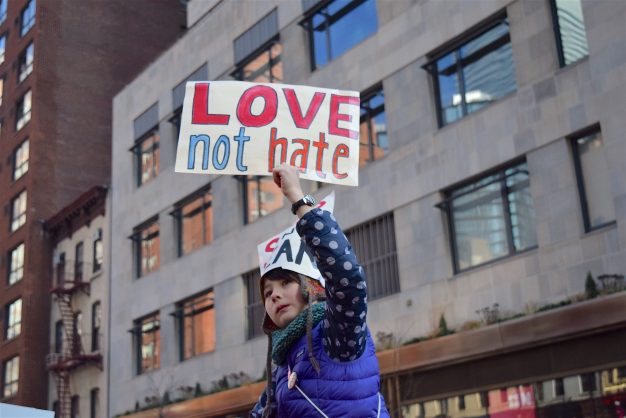
World protests are reminder that children’s voices must be heard
The protests of young people seen across the world are a stark reminder that their voice is critical for all of our futures, says Henrietta Fore, executive director of UNICEF.
She says the waves of protests about child rights, the environment and other key issues are a message to the world that children and young people should be able to have a voice, free from any fears of speaking out.
“Children and young people from around the world have taken to the streets in recent months to demand their rights. Although every context is unique, from the Middle East to Latin America to the Caribbean, and in Europe, Africa and Asia, young people are calling for action on the climate crisis, for an end to corruption and inequality, for better education and employment opportunities – and for a fairer world for everyone, everywhere.
‘Many children and adolescents are having their rights taken away’
“It is therefore a heartbreaking irony that, in standing up for their fundamental rights, many children and adolescents are simultaneously having their rights taken away.
“Many of these protests have left young protesters behind bars, injured and at times killed. Schools have been shuttered and public services interrupted.
“Children’s rights to peaceful assembly and freedom of expression, including in peaceful protest, are enshrined in the Convention on the Rights of the Child, the most widely ratified human rights treaty in the world. It is incumbent on Member States to ensure that children can exercise this right in a safe and peaceful manner.
‘Please protect children from violence and respect their voice’
“All actors must refrain from violence, and fundamental guarantees for the protection of children must remain applicable everywhere, at all times, including where there is civil unrest or armed conflict.
“My plea is to please protect children from violence and respect their right to speak up and be heard. Give them opportunities to meaningfully voice their concerns and participate in matters that affect their futures. Listen to them and respond in a principled, constructive and supportive way.”




